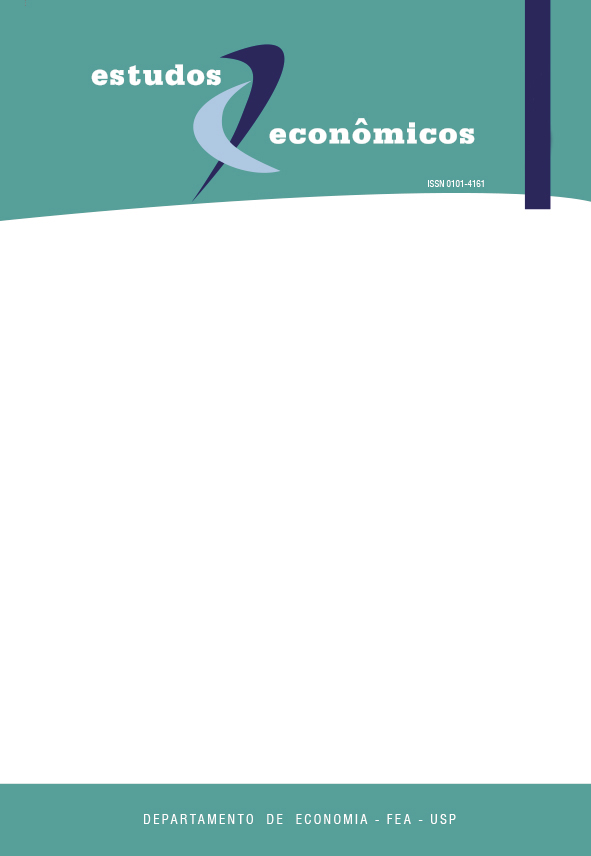O comércio de escravos no Vale do Paraíba paulista: Guaratinguetá e Silveiras na década de 1870
Abstract
We study the internal slave trade based on records of purchases and sales of slaves for the years 1870s in Guaratinguetá and Silveiras (Vale do Paraíba - SP). In both localities, the main economic activity was coffee plantation. Among the slaves commercialized, males predominated in Guaratinguetá and females in Silveiras. In both localities, a majority of slaves was between 15 and 34 years old; most males were agricultural workers and most females were used in domestic service. It was noted a certain correspondence between sex and productive activity. The prices raised between 1871-4 and 1875-9. Women were on the average cheaper than men were. The slaves in the age groups of 15-24, 25-34 and 10-14 were the most expensive, and the ones working in agriculture were the cheapest. From 1875 on the internal slave trade intensified, especially in Guaratinguetá. As to the effects of the slave trade on the familiar relations among the slaves, we found evidence of rupture as well as preservation of the slave family.
Downloads
Downloads
Published
Issue
Section
License
Copyright (c) 2000 José Flávio Motta, Renato Leite Marcondes

This work is licensed under a Creative Commons Attribution-NonCommercial 4.0 International License.
By submitting an article, the author authorizes its publication and attests that it has not been submitted to any other journal. The original article is considered final. Articles selected for publication are proofread for grammatical and orthographic errors. The journal does not pay rights for published articles. The Institute of Economic Research from the School of Economics, Business and Accounting of the University of São Paulo (Instituto de Pesquisas Econômicas da Faculdade de Economia, Administração e Contabilidade da Universidade de São Paulo) owns the journal's copyright.




